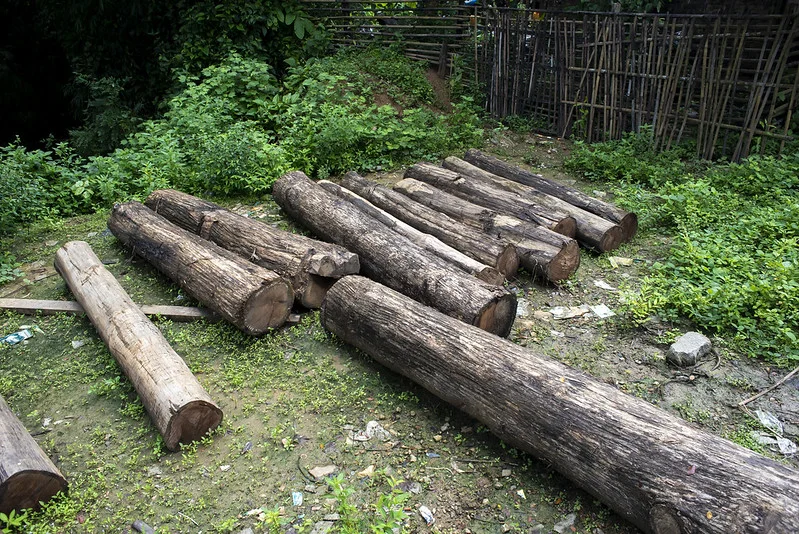
A national approach to the safeguards allows a country to meet the UNFCCC’s Cancun safeguards (and potentially other relevant safeguard requirements) in a way that aligns with national circumstances and makes full use of existing systems and processes in the country. It also allows a country to consider what the international safeguards mean in the national context, how they are to be applied and how safeguards can assist with achieving national policy goals. By doing this, it can foster greater confidence in REDD+ implementation, contributing to its long-term sustainability.
Myanmar’s national approach to the safeguards comprises several elements:
Some key elements of this national approach are described below:
Stakeholder engagement and gender
A set of ‘Guidelines for Stakeholder Engagement in Policies and Programmes for Sustainable Forest Management and REDD+’, was developed in 2016. Utilizing a gender approach, this document defines relevant stakeholders and methods for their engagement. The FPIC Guidelines for REDD+ also call for stakeholder participation in the planning of REDD+. A number of mechanisms or platforms for stakeholder participation have also been identified and utilized in the REDD+ process to date:
Addressing gender inequities is an important issue for REDD+ planning and implementation, and for Myanmar’s safeguards approach. Similar to other countries in the Asia-Pacific region, inequalities between men and women persist in Myanmar’s society and economy. There is also differentiated use and management of forests and other natural resources among women and men, as well as various gender inequalities, within Myanmar’s forest sector.
The inclusion of gender perspectives in the development of Myanmar’s National REDD+ Strategy and national safeguards approach aims to ensures that the REDD+ framework respects the country’s commitments under international law and the safeguards, as well as to recognise the key role women can play in REDD+ design and implementation. Steps undertaken so far include:
More information:
Grievance Redress Mechanism (GRM) :
GRMs can be defined as organizational systems and resources established to receive and address concerns about the impact of their policies, programmes and operations on external stakeholders. The stakeholder input handled through these systems and procedures may be called “grievances”, “complaints”, “feedback” or another equivalent term.
A GRM for REDD+ in Myanmar has been proposed, which will aim to address concerns that are raised in connection with REDD+ promptly and fairly. The GRM is also considered one of the elements of an effective Free, Prior and Informed Consent process, and as a mechanism through which suggestions for improvements in REDD+ implementation or administration can be submitted.
Some key principles for GRMs include:
a) Dealing with grievances at the lowest level possible;
b) Objectively and fairly dealing with grievances involving parties in different positions/power levels;
c) Functioning and reporting promptly and continuously, while also being cost-effective;
d) Providing communicational materials/information in languages understood in communities;
e) Developing further targets/key performance indicators together with input from communities.
Free, Prior and Informed Consent (FPIC) :
As REDD+ may lead to changes in the governance of resources that could have an impact on the rights of local community members and indigenous peoples (or ethnic minority groups), the right of local stakeholders to give or withhold their consent for REDD+ actions being planned in their areas will be recognized in REDD+ planning and implementation in Myanmar.
Global guidance provided by the UN-REDD Programme sets out the obligations of governments to clarify these issues and the steps needed to respect FPIC. When implementing a FPIC process, the following five key steps are to be undertaken:
(1) Identifying appropriate decision-making institutions and representatives;
(2) Planning a process to seek and obtain consent in the context of the project cycle;
(3) Monitoring and recourse to maintain consent;
(4) Developing a disputes resolution mechanism (GRM); and
(5) Verification of consent.
National guidance on FPIC is under preparation in Myanmar, with piloting in Mon State in 2019.
This website is made possible through support from the REDD+ Naga Project, and the UN-REDD Programme Myanmar